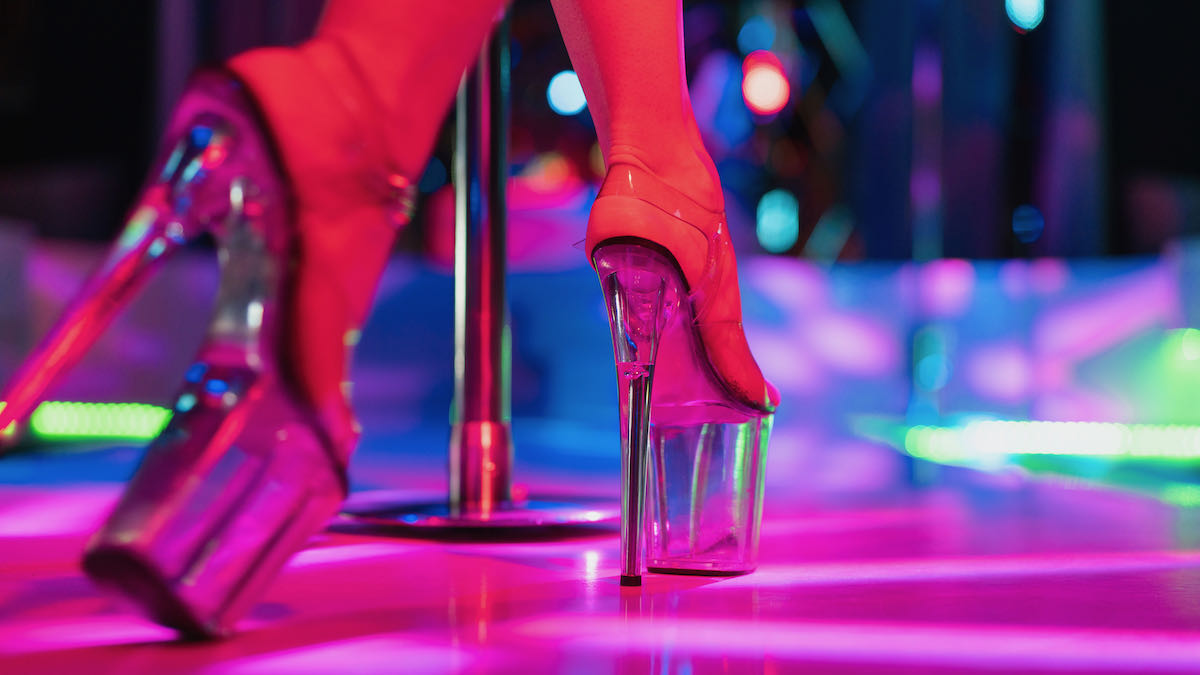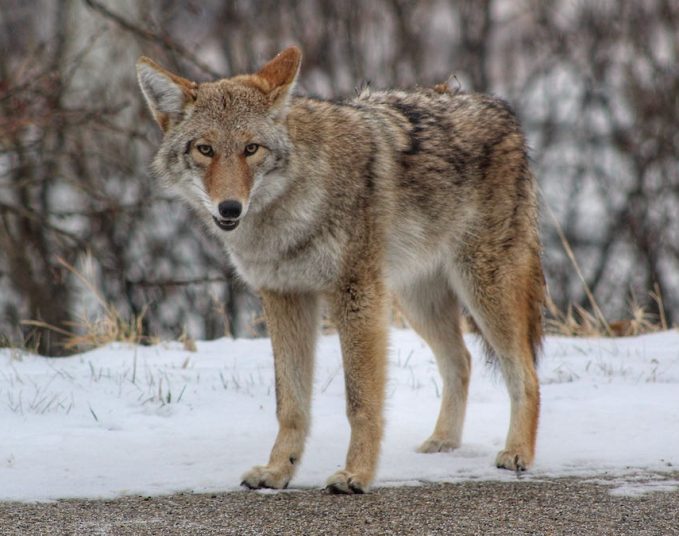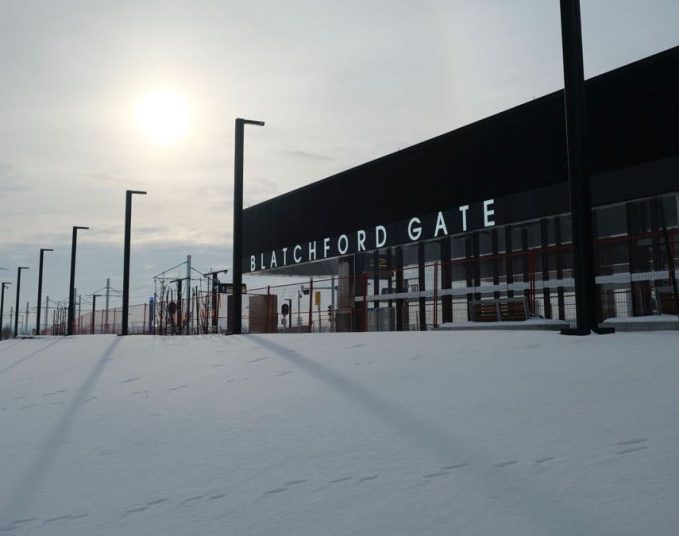“It’s cancel culture!”
“Here we go again! The radical woke left taking away our freedom of speech!”
“Thanks, Trudeau”
These are just a few of the comments you’re sure to see bandied about on social media anytime anyone floats the idea of changing a name, replacing a word or altering a phrase these days. Don’t believe me? Just take a look at the variety of comments made online after the City agreed with the community league’s decision to rename its Oliver neighbourhood as wîhkwêntôwin — the least vulgar of which were often “How are we supposed to pronounce that?!” cleverly opined from the same people who buy their cars in Wetaskiwin and spend summers visiting family in Saskatchewan, and have no issues with those place names.
So, there’s bound to be some digital pearl-clutching when word gets out that the City of Edmonton is taking the word “exotic” out of exotic dancer. That’s right. Those politically correct absolutists at City Hall want to say erotic dancer, instead. Talk about dystopian, huh?
The decision to change the term comes after an April 9 meeting of the Urban Planning Committee where an omnibus bylaw amendment included changing the terms “exotic dancer,” “exotic entertainment venue,” and “exotic entertainment agency” to include erotic, instead.
The motion — which would literally only change the bylaw’s wording and nothing else — received unanimous support from committee, with a final approval expected from city council at a later date.
If the amendment only changes the wording, and not any functionality, what gives? Well, according to the City, the changes were proposals from within the adult services industry, who feel the term is outdated and even racist.
“The proposed amendment is based on concerns raised by workers with lived experiences in the adult services industry that the word ‘exotic’ has racist undertones and does not reflect language currently being used in the industry,” reads part of the committee’s agenda document. “This helps to advance the City’s Anti-Racism Strategy by ensuring that policies do not stigmatize People of Colour.”
Now, all the freedom-lubbin’, red-blooded patriots hot in the collar over change of any sort, might be asking themselves “What in tarnation? How is the term exotic racist?!”
Well, on its face, it’s not. The formal definition (and we know our Editor-in-Chief is a stickler for definitions) of exotic is “originating in, or characteristic of, a distant foreign country” and early iterations of what was considered exotic — sorry, erotic — dance originate from parts of North Africa, the Middle East, India and other areas then deemed “exotic” or distant by the colonial powers who coined the phrase.
Given the interconnected and multicultural realities of 21st century life, where no land is truly distant and “exotic,” we can at least agree that the term “exotic” is hardly linguistically accurate in describing erotic dance, pole-dance and other forms of adult entertainment in 2024.
The real problem arises, however, in the ways those the craft’s original performers and their dances were treated. These included segregation, institutionalized barriers to economic and artistic opportunity, societal marginalization and, later on, appropriation of performances once viewed as “primitive, unseemly or uncouth” by Victorian-era society. Of course, these performances were later mainstreamed by mostly European and North American performers who then reaped the lion’s share of the those performances’ popularity.
“The historical context of ‘exotic dancer’ traces back to Victorian-era rural fairs featuring women dancers from distant countries,” said Sophie Hallée, a director with the organization ANSWERS (Advocacy Normalizing Sex Work through Education and Resources Society) who lent the organization’s support to the amendments. “Recent insights from [internet personality, former erotic dancer and pole-dancer] Kitty Velour and other community members highlight [the term’s] problematic origins, as dances initially performed by Black or Middle-Eastern dancers were later imported into Europe and North America with white dancers replacing them.”
Before people start in with the “you can’t even enjoy a good ol’ fashioned exotic dance without being a racist these days” whether or not you agree the term is offensive doesn’t really matter. The change is an entirely symbolic one meant to show some semblance of recognition and respect for the lack of credit (and compensation) afforded to those who paved the way for an industry that today has become enormously successful (erotic dance clubs generate more than $4-billion per year in the United States alone, and that’s to say nothing of the non-erotic pole dance studios that are now exploding in popularity across the world) both in adults-only circles and in mainstream culture over the past two decades. In that light, it’s a warranted change and one we ought not get too riled up over.
See you in the comments.
Savvy AF. Blunt AF. Edmonton AF.




